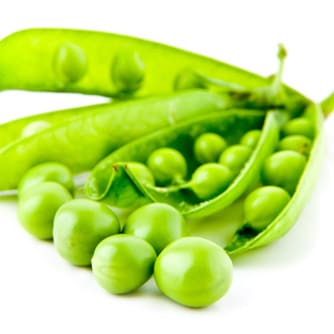High blood pressure (hypertension), defined as having a systolic and diastolic pressure greater than 140 and 90 mmHg, respectively, is a major risk factor for cardiovascular disease – the leading cause of death in developed nations. Rotimi E. Aluko, from the University of Manitoba (Canada), and colleagues extracted a protein from the yellow garden pea and manufactured a purified extract. The team fed rats genetically predisposed to hypertension the protein extract at doses of 100 and 200 mg per kg of body weight, which resulted in a 19 mmHg drop in systolic blood pressure. As well, the team noted that the protein extract inhibited the activity of angiotensin converting enzyme (ACE) by 20%, thereby improving blood flow and blood pressure. The researchers then conducted a human study, involving seven subjects ages 30 to 55 years, to whom 1.5 or 3 g of the protein extract was administered for three weeks. At the end of the study period, the subjects experienced an average 6 mmHg reduction in systolic blood pressure.
Pea Protein May Lower Blood Pressure
Huan Li, Natalie Prairie, Chibuike C. Udenigwe, Abayomi P. Adebiyi, Paramjit S. Tappia, Harold M. Aukema, Peter J. H. Jones, and Rotimi E. Aluko. “Blood Pressure Lowering Effect of a Pea Protein Hydrolysate in Hypertensive Rats and Humans." J. Agric. Food Chem., August 22, 2011.
RELATED ARTICLES




